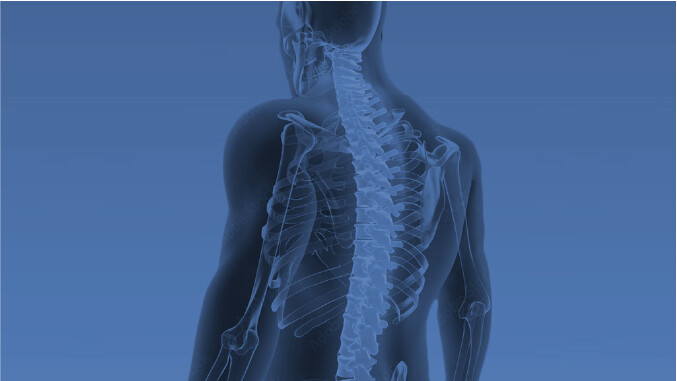Vertebral Compression Fractures
Vertebral compression fractures (VCFs) are a common condition that can be caused by various conditions such as osteoporosis, trauma, and tumors. They occur when the vertebral body, the main part of the spine that provides structural support and protects the spinal cord, collapses or partially or fully due to excessive stress or force. The condition can lead to pain, disability, and reduced quality of life. In severe cases, it can also cause spinal cord injury and nerve root compression which can lead to further complications.
Osteoporotic Spinal Fractures
Osteoporosis is a common cause of VCFs, particularly in older adults. Osteoporosis is a condition that leads to bone loss, causing the bones to become brittle and fragile, which can lead to fractures with minimal trauma. As a result, VCFs are a common complication of osteoporosis, especially in postmenopausal women. Other risk factors for VCFs include age, gender, family history, smoking, low calcium intake, and lack of physical activity.
Symptoms of Vertebral Compression Fractures
VCFs can cause a variety of symptoms, including back pain, muscle spasms, limited mobility, and a hunched posture. The pain can be sharp or dull and can be felt in the back, neck, or legs. In some cases, the pain can be severe and may interfere with daily activities such as walking, standing, and sitting. In severe cases, the fracture may cause spinal cord injury and nerve root compression, which can lead to numbness, weakness, and loss of bladder and bowel control.
Diagnosis of VCFs is usually made through imaging studies such as X-rays, computed tomography (CT) scans, or magnetic resonance imaging (MRI) scans. These tests can provide information about the size, location, and severity of the fracture, and help to determine the appropriate treatment.
Treatment for Vertebral Compression Fractures

Treatment for VCFs depends on the cause, severity, and location of the fracture, as well as the overall health and mobility of the patient. For mild fractures, rest, pain management, and physical therapy may be sufficient. Pain relievers such as acetaminophen or nonsteroidal anti-inflammatory drugs (NSAIDs) may be prescribed to relieve pain. Physical therapy may help to improve posture, reduce pain, and increase mobility.
For more severe fractures, more aggressive treatment may be necessary. Bracing or casting may be recommended to provide stability and support to the spine while it heals. In some cases, surgery may be necessary to stabilize the fracture and reduce the risk of further complications. Vertebroplasty and kyphoplasty are two common surgical procedures used to treat VCFs. Vertebroplasty involves injecting a cement-like material into the fractured vertebral body to stabilize the fracture and reduce pain. Kyphoplasty is similar to vertebroplasty, but it also involves the insertion of a balloon into the vertebral body to restore its shape and height before the cement is injected.
Recovery from Vertebral Compression Fractures
It is important to note that recovery from VCFs can take several weeks or months, and in some cases, the fracture may never fully heal. After treatment, physical therapy and other rehabilitation exercises may be recommended to improve posture, reduce pain, and increase mobility. Additionally, lifestyle modifications such as maintaining a healthy diet, engaging in regular physical activity, and quitting smoking may be recommended to reduce the risk of future fractures.
VCFs can be a serious condition, especially in older adults, who are more susceptible to osteoporosis and other factors that increase the risk of fractures. Sometimes, VCFs can cause significant pain, disability, and reduced quality of life, but not every VCF is severe enough to warrant surgery or an extensive recovery period.
The Best Treatment for VCFs in West Palm Beach
Dr. John F. Morrison is renowned as one of the best minimally-invasive spine surgeons in Florida – he aims to minimize the recovery time from surgery and maximize your quality of life. Contact Dr. Morrison for an e-consultation now to discuss your options for rapid relief from acute back pain.

